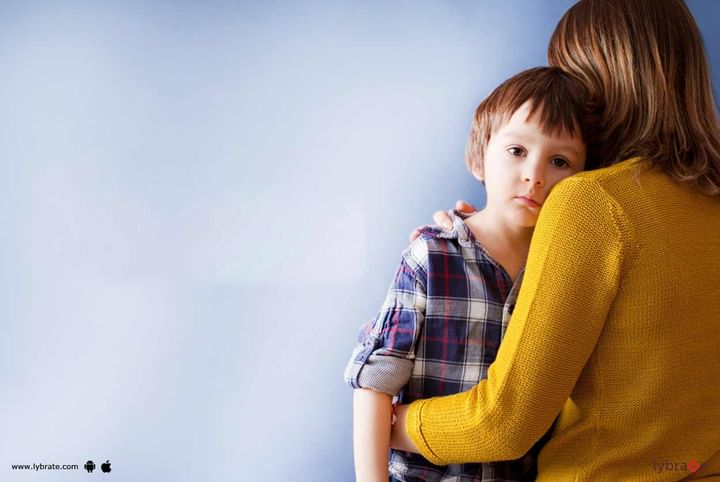A Playful Approach To Enhance Communication & Social Skills In Children!
Play is an important way, through which a child learns about the world. Through playful activities, children learn to socialize and communicate with others, solve problems, and use language effectively.
Play is a form of expression – it is fun and all-important to cognitive, social, physical, and even emotional development. Learning through play is gaining recognition as a way to improve social and communication skills in children.
What does a playful approach to learning mean?
Playful learning implies that when children engage in enjoyable activities that are meaningful and relevant, they are able to memorize things for longer and develop holistic skills at the same time for lifelong learning. This usually takes place in a setting where the child has opportunities to take risks, share their experiences with others, and imagine new things.
How does playfulness help while learning?
Children who are engaged in playful activities are empowered to use their strengths and take part in experiences that they find relevant to their interests. Internal motivation and self-efficacy is the key to the characteristics of playful learning.
Research suggests that parents who respond to their child’s playful behaviour – by describing, labelling, or asking questions about the events or objects that are of interest to the child – improve intellectual and communication skills in them. In turn, kids develop a large vocabulary arming them with the necessary skills that are needed to acquire to perform well in academics.
Parents can take a playful approach by following these tips –
-
Allow your child to be creative – through music and art – and express his/her thoughts more clearly. Sit by their side and watch them learn using different colours, shapes, and forms.
-
Encourage your child to play with puzzles, or paint a picture, as it will encourage their artistic skills
-
Find out what triggers a positive response in your child and what prompts disruptive, challenging behaviour in him/her
When you interact with your child, talking and listening, singing and reading together, you are helping them learn about spoken and written communication, language, as well as conversational skills, such as taking turns and listening.



+1.svg)
